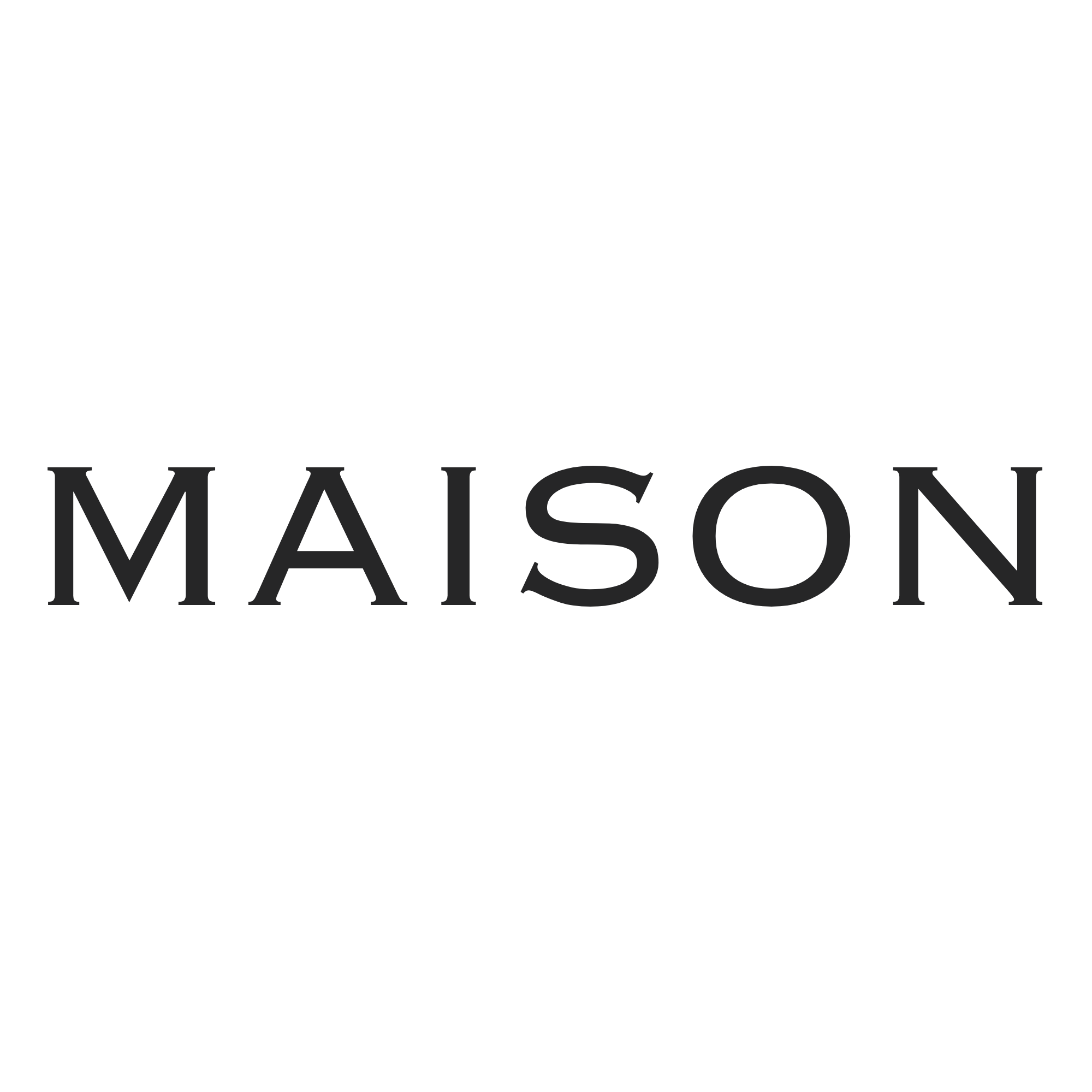Bookkeeping 101: Everything You Need to Know
Collectively, these reports http://eazitiger.co.uk/NewYorkYacht/newport-beach-yacht-brokers provide an all-encompassing view of a company’s financial performance. These reports help stakeholders make informed decisions and identify potential areas of improvement. Bookkeeping professionals should provide these reports consistently so businesses can plan strategically and effectively manage finances.
Bring Your Bookkeeper Up to Speed
Keep in mind, single-entry bookkeeping’s simplicity doesn’t allow for GAAP conformation. This inability to conform to GAAP’s requirements may not apply to very small businesses which only need to be able to illustrate a method of meeting reporting requirements for taxes and employees. Any company that must highlight cash flow retained earnings, or any other changes in a position financially must use a double-entry accounting system. Manual bookkeeping is the “traditional” way of preparing and documenting your business’ financial records. The manual method can work if you prefer a hands-on approach, but it can also be time consuming, and it leaves more room for human error. Buildings is a noncurrent or long-term asset account which shows the cost of a building (excluding the cost of the land).
A Story for Relating to Accounting Basics
This account tracks all your company’s profits and investments that haven’t yet been paid back to the business owner. Retained earnings are the amount of money that appears as the running total of money retained since your business started. In order to run a small to medium-sized business, you have to learn some bookkeeping basics. You don’t need to commit to an accounting degree to master the techniques you’ll need. One key tip is to review your books http://compare-and-save.co.uk/IndependentTravel/independent-travel-agents-association regularly, whether weekly or monthly.
- In your budgeting process, be sure to include a contingency fund in case of unexpected expenses or revenue shortfalls.
- Bookkeeping professionals should provide these reports consistently so businesses can plan strategically and effectively manage finances.
- No matter what system you implement, incorporate a practice of reconciliations, by comparing the numbers in your system to the source records, like bank statements, receipts, and invoices.
- FreshBooks offers a wide range of features designed to help small business owners streamline their accounting processes, saving both time and money.
- Apart from having the data for your transaction on hand, you’ll need to decide which accounts that will be debited and credited.
Should you hire a bookkeeper?
A related account is Insurance Expense, which appears on the income statement. The amount in the Insurance Expense account should report the amount of insurance expense expiring during the period indicated in the heading of the income statement. A current asset which indicates the cost of the insurance contract (premiums) that have been paid in advance.
When To Hire A Bookkeeper vs. Doing It Yourself
This means that if you make purchases on credit, make sure you have all the invoices from the vendor. If you can’t, call them and make payment arrangements – they will appreciate you being up front and honest and it’s better than being hassled by them if you don’t say anything. At least once a week, record all financial transactions, including incoming invoices, bill payments, sales, and purchases. You may do this every month, but at the very least, balance and close your books every quarter. In this module, you will learn how bookkeepers using accounting software to record transactions. You will also further your understanding of the accounting cycle by learning how to create trail balances and produce financial statemnets.
Good bookkeeping reveals patterns in spending and income, allowing you to anticipate cash flow dips and surges. When you understand where your money has been going, you can plan more effectively for future expenses. A well-informed budget helps avoid overspending, improves resource allocation, and keeps your financial goals on track. In essence, bookkeeping provides the raw data, and accounting turns that data into useful information.
However, businesses relying on spreadsheets http://www.globalstrategy.biz/BusinessConsulting/business-consulting-firms-toronto to record financial transactions must make sure to enter two entries for every transaction. As soon as you see growth in your company, it will soon be essential to have a detailed, consistent bookkeeping approach. While you can manage your own accounting during the initial stages, it’s best to invest in a professional bookkeeper to ensure your business’s success in the long term. If you have mistakes to fix or transactions to track down, don’t stress. Most of the time, a qualified professional can correct or document these errors. This is particularly true once the business accounts for its operational costs and recurring expenses.
Because the funds are accounted for in the bookkeeping, you use the data to determine growth. Generally speaking, bookkeepers help collect and organize data and may have certain certifications to do so for your business. On the other hand, accountants are generally equipped with an accounting degree and may even be state-certified CPAs.






Leave a Reply